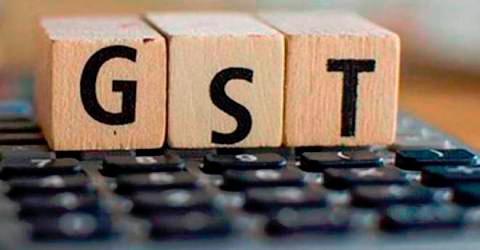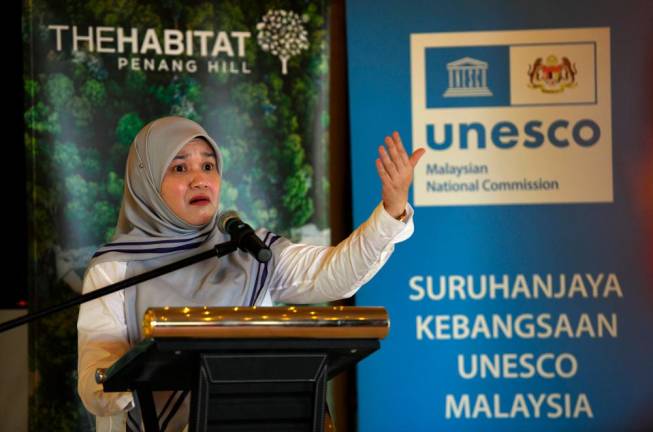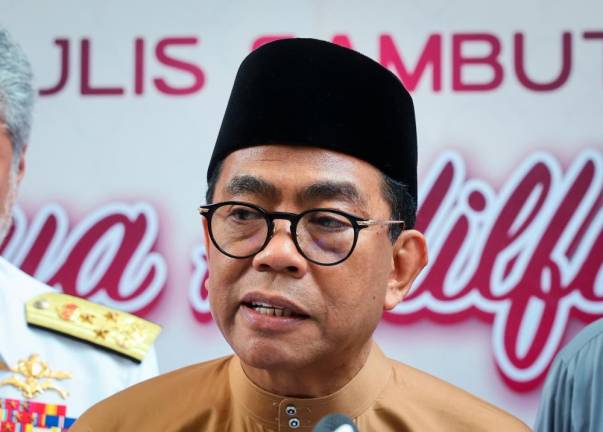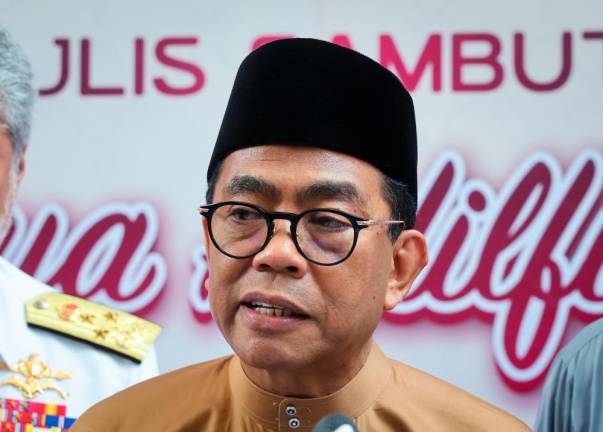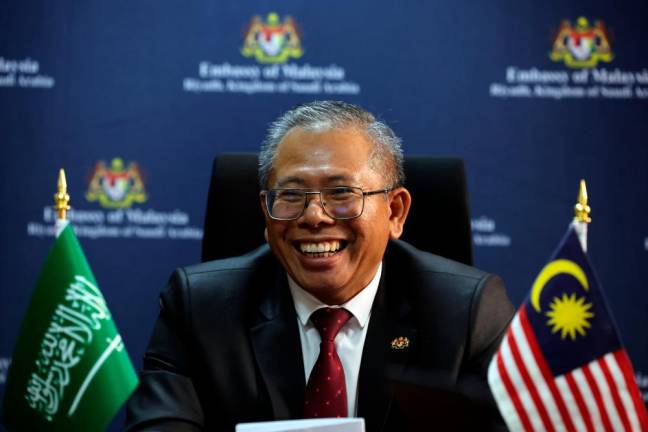PETALING JAYA: Bringing back the goods and services tax (GST) is not the only answer to Malaysia’s revenue issue but is only one of many that can be introduced, according to Tricor Malaysia chairman Dr Veerinderjeet Singh.
“I would suggest the way forward is to examine the existing sales and services tax (SST) and expand it a little bit – but this year might not be the right time – to cover a lot more services over time and integrate it to have the attributes of GST,” he said at the Malaysian Economic Association’s (MEA) 2022 Post-Budget Dialogue today.
“In other words, there is some kind of harmonisation that has to occur but it might take three years.”
Veerinderjeet reminded participants that there was a particular issue with profiteering in the previous implementation of GST.
He said the strength of the consumption tax is built into its multistage mechanism, which forces traders to come onboard, enhancing the compliance culture as well as marking an audit trail to the tax invoice.
“That is the strength, we can actually build better compliance and therefore the revenue collected can be more secure as you can predict with a little bit more accuracy.”
However, Veerinderjeet cleared the misconception that GST produces more revenue than SST. He said it is the preferred tax regime across the world because it is more robust as the multistage tax can help address issues with tax collection at the retail level, especially relating to compliance.
CIMB group finance division, group economic and market analysis regional head Intan Nadia Jalil views GST as an instrument to minimise the impact of the shadow economy.
In this function, she put forth that the Tax Identification Number (TIN) introduced in Budget 2022 can also mitigate the impact of the untaxed shadow economy.
“In terms of the regressive impact of GST, it can be managed by ensuring the zero base and exemption cater to the low income level. The previous iteration has seen exemption catering to the top tier of society.”
The CEO of Singapore’s Centennial Asia Advisors Pte Ltd, Manu Bhaskaran, posed the question – will there ever be a good time to implement any broad-based tax?
“The danger – for political or whatever reasons – is that these important decisions keep getting postponed,” he said.
Just for comparison, Manu pointed out that Indonesian President Joko Widodo actually pushed through an increase in the value-added tax rate, staggered over a couple of years, and he did it without any political pushback or protest.
Manu believes that if the tax is structured and managed properly, the political and economic consequences can be managed. Indonesia is not alone in doing so as Singapore plans to raise its GST rate in 2023, just before the next election is due.
“Again this is politically risky but countries are prepared to do it. If you don’t have a broad tax base, every time you’re hit with a crisis or shock and need to spend, you’re forced to resort to all kinds of expedient, one-off measures which is not an ideal way to manage such things.”
The CEO believes it is get it done and dusted within a reasonable time frame. “Obviously, it should not be done right now but it should be done fairly quickly and it should be signalled to the business world and the country so people are ready for it.”



